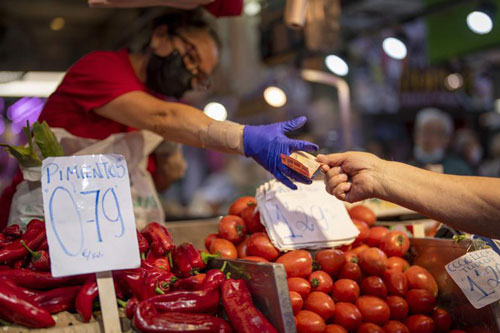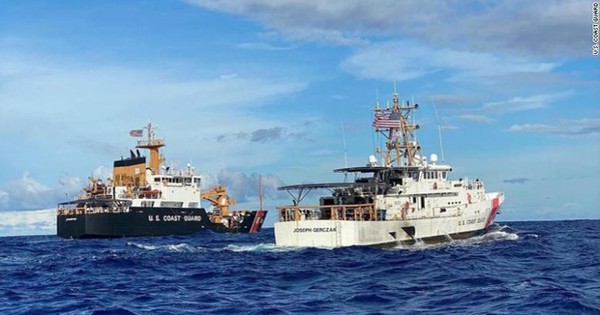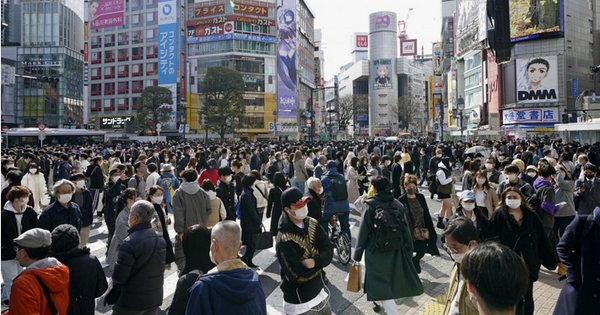Difficulties surround the Eurasian economy
Inflation in the euro area hit a record 8.1 per cent in May, the highest since 1997, up from 7 per cent, according to the EU’s statistics agency Eurostat. .4% in March and April. The main reason is still the high cost of energy and food due to the impact of the Russia-Ukraine conflict.
According to the AP news agency, Andrew Kenningham, chief European economist at Capital Economics, expects energy inflation to continue to rise, after the EU agreed to a complete embargo on Russian oil by the end of the year. Sanctions against Russia are a “double-edged sword”, increasing the burden on Europeans and businesses already struggling with energy costs – which have now increased by 39.2%.
The spike in oil and gas prices is not only caused by direct shortages but also by fears that the conflict and supply disruptions will persist. Add to that a strong rebound in global demand after the Covid-19 pandemic and a cautious approach to increasing production from oil groups belonging to the Organization of the Petroleum Exporting Countries (OPEC).
Neighboring countries that have stopped using Russian oil are the hardest hit. Inflation rate in Estonia reached 20%, while in Lithuania it was 18.5%, Latvia was 16.4%.

People buy food in Madrid, Spain Photo: AP
The Eurostat report also shows that the prices of food, alcohol and tobacco increased by 7.5% in May, closely related to the disruption of the supply of wheat and many agricultural products from Russia to Ukraine. Items such as clothing, home appliances, cars, computers and books increased by 4.2%, and service prices increased by 3.5%.
The non-euro country Poland is not out of that situation when it is suffering from 13.9% inflation, the highest in 24 years. The UK and the US are also suffering from inflation.
In addition to struggling with rising raw material prices, Asian factories have also been dealt a blow from China’s zero-Covid-19 policy. The country’s prolonged restrictions have disrupted supply chains, reducing demand.
Follow Asia Financialfinished goods inventories in China are skyrocketing, demonstrating a domestic deflationary situation, which in turn affects import-export relationships with many countries.
Reuters Quoting chief economist at Dai-ichi Life Research Institute in Tokyo Toru Nishihama: “Disruption to the supply chain and distribution of goods may gradually ease after Shanghai lifts restrictions on room regulations. against Covid-19.
However, rising inflation is forcing some Asian central banks to tighten monetary policy, in addition to the risk of market volatility from the US interest rate hike. Given such risks, Asia’s economy is likely to remain sluggish this year.”
The latest figures add to pressure on eurozone finance officials to raise interest rates to rein in price increases, though that risks stifling the economic recovery. The EU cut its growth forecast earlier this month; while European Central Bank President Christine Lagarde wrote on her blog that she hopes to “get rid of negative rates by the end of the third quarter”.
at Blogtuan.info – Source: nld.com.vn – Read the original article here



